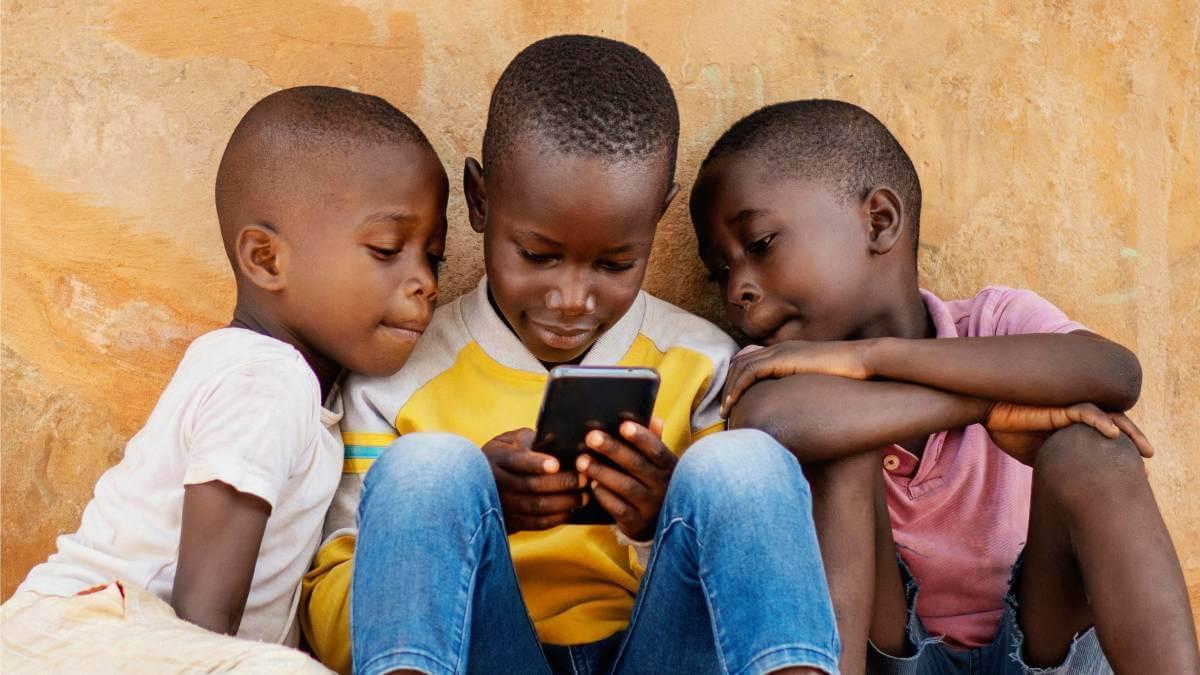Africa-Press – Botswana. Gender gaps remain a challenge despite progress made on several human development indicators, Minister of Youth and Gender Affairs, Ms Lesego Chombo has revealed.
Launching Botswana Gender Assessment Report on Tuesday, she said while on average gender parity had been achieved or surpassed in gross enrollment at both primary and secondary school levels, in earlier grades boys began lagging behind girls in both learning outcomes and retention, which continued through the remaining years of schooling.
Ms Chombo said during the school years, Botswana achieved nearly universal access to primary education and gender parity at all levels of schooling, although enrollment rates dropping at secondary level.
“In upper years, girls and boys start dropping out of school for different reasons, boys are often pressured to engage in income generation, while high rates of adolescent pregnancy lead many girls to drop out of school and restrictive policies limit their reentry, putting them on a trajectory of low levels of education and limited economic opportunities,” she said.
While gender gaps largely closed in basic education and women outnumber men in tertiary education, Minister Chombo noted that these advantages were lost in transitioning to the labor market, adding that women participate in the labor force at lower rates than men at the rate of 63.4 per cent versus 73.2 per cent.
As women are less likely to have studied science, technology, engineering, and mathematics (STEM) fields in postsecondary education, fewer women than men are entering the most dynamic sectors of the economy.
The minister stated that sectorial segregation, childcare and domestic labor burdens, and concentration in lower-status jobs and in the informal sector all contributed to lower earnings, resulting in a persistent wage gap whereby women earned an average of 88 per cent of what men earned in Botswana.
Despite legal advancements, Minister Chombo said entrenched social norms and informal barriers limited women’s full economic inclusion leading to women-owned businesses to more likely operate in the informal sector than businesses owned by men.
“Although there are no legal restrictions, women have less access to finance though Botswana has achieved impressive economic growth, attaining upper-middle-income country status in 2005. Inequality in the distribution of wealth has increased over time and Botswana is now one of the top 10,” she said.
Minister Chombo said there had nonetheless been significant progress in addressing several gender challenges in Botswana with notably parity in school enrollment, broad uptake of family planning, high rates of female entrepreneurship, and strong leadership of women in the public sector.
She said government also strengthened the policy and legislative framework to advance gender equality, citing the Abolition of Marital Powers Act (2004), National Policy on Gender and Development (NPGAD) (2015), Domestic Violence Act (2008), Land Policy (2015), as well as establishment of an advisory body; Gender Commission.
Minister Chombo added that challenges remained, including low levels of women’s political representation in the National Assembly, significant gender gap in labor force participation and high rates of maternal mortality and gender-based violence.
For More News And Analysis About Botswana Follow Africa-Press






